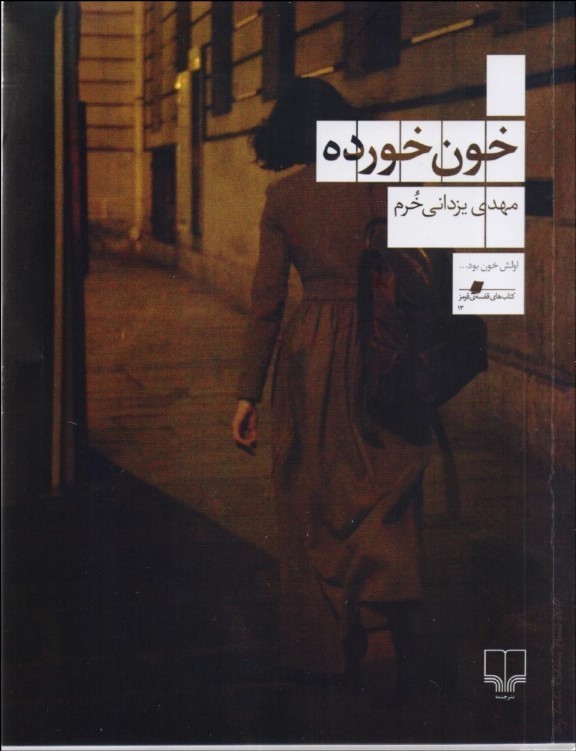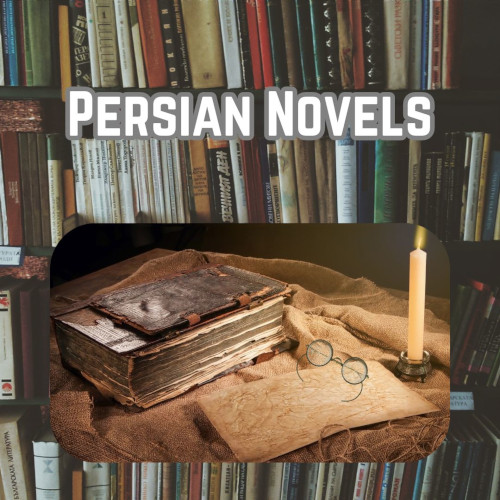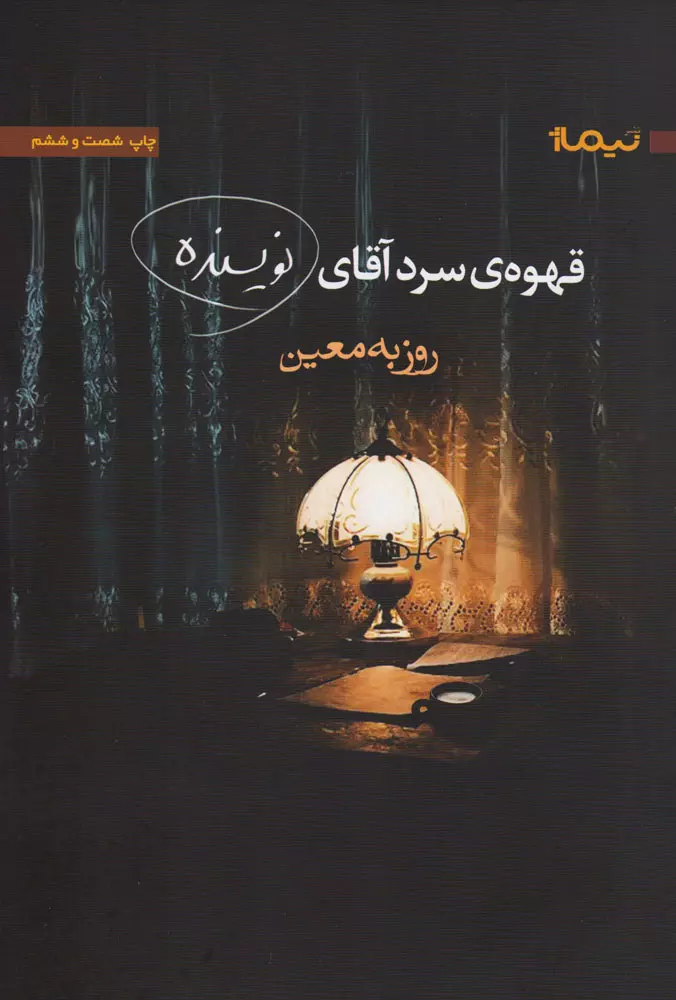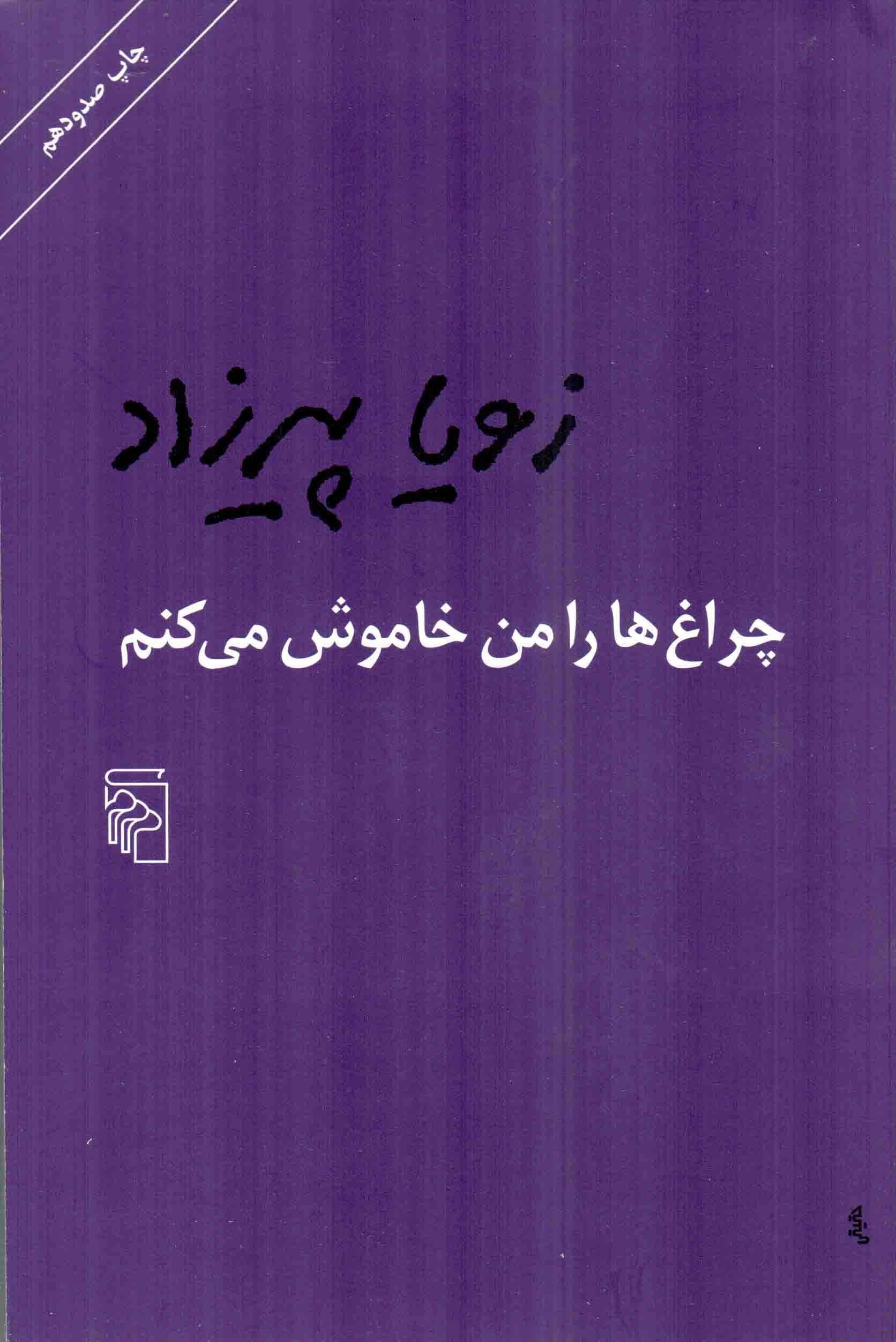Khoon Khorde (The Blood-Drunk)

Author: Mehdi Yazdani-Khorram
Genre: Literary Fiction
Publication Year: 2010
Mehdi Yazdani-Khorram, one of Iran's prolific novelists in the 2010s, delivered another critically acclaimed work with Khoon Khorde (The Blood-Drunk). Known for his evocative storytelling and exploration of modern Iranian history, Yazdani-Khorram gained widespread recognition with previous novels like Be Gozaresh-e Edare-ye Havashenasi Farda In Khorshid-e Lanati (According to the Weather Bureau, Tomorrow This Damned Sun), Man Manchester United Ra Doost Daram (I Love Manchester United), and Sorkh-e Sefid (The Red White). With Khoon Khorde, he cements his place as a leading figure in contemporary Persian literature.
The novel narrates the haunting and intertwined lives of five brothers during the turbulent 1980s in Iran. These siblings, marked by misfortune and tragedy, become emblematic of a generation consumed by war, loss, and existential uncertainty. Each brother’s story unravels against the backdrop of the chaotic decade, reflecting the profound social and political shifts of the time. The narrative explores themes of identity, fate, and the unyielding ties of brotherhood, with each sibling carrying a unique yet interwoven burden.
Yazdani-Khorram’s signature style shines in Khoon Khorde. His prose is both poetic and raw, effortlessly moving between the surreal and the starkly realistic. The novel combines elements of magical realism with historical fiction, creating a multi-layered narrative that is both allegorical and grounded in the historical realities of 1980s Iran. The surrealistic undertones—where fate takes on a palpable presence—elevate the story, transforming it into a tale that transcends time and place.
The depth of character development in Khoon Khorde is remarkable. Yazdani-Khorram paints the brothers with emotional intricacy, making their struggles and triumphs feel deeply personal yet universally relatable. Readers are drawn into the complexities of their relationships, grappling with questions of loyalty, love, and destiny.
One of the most striking aspects of Khoon Khorde is its exploration of Iran’s socio-political landscape during the 1980s. The novel delves into the scars left by war and revolution, portraying the decade not only as a historical backdrop but as an active force shaping the characters' lives. This period, with its blend of hope and despair, is rendered with vivid authenticity, offering readers a window into the psyche of a nation in flux.
While Khoon Khorde has been praised for its literary ambition and emotional depth, some readers may find its nonlinear structure and blend of reality and fantasy challenging. However, for those who embrace its complexity, the novel offers a richly rewarding experience.
In conclusion, Khoon Khorde is a masterful exploration of family, fate, and the enduring impact of history. Mehdi Yazdani-Khorram’s evocative prose and nuanced storytelling make it a standout in contemporary Persian fiction. The novel’s universal themes, combined with its deeply rooted cultural and historical context, ensure its place as a significant contribution to Iranian literature. A poignant, thought-provoking read, Khoon Khorde is a testament to Yazdani-Khorram’s literary talent and his ability to capture the essence of a fractured yet resilient society.



